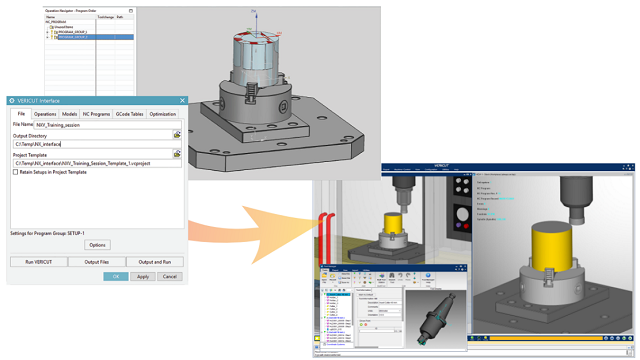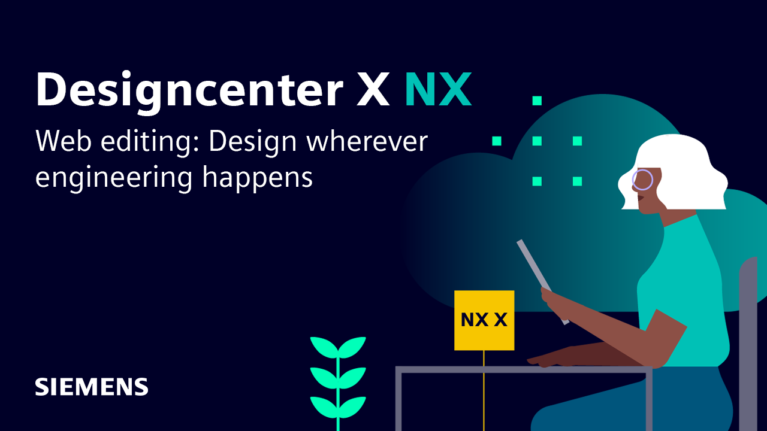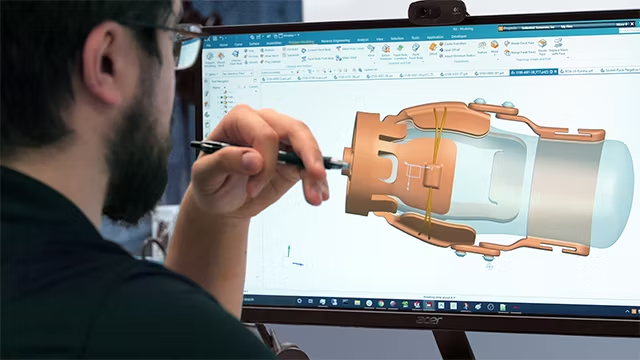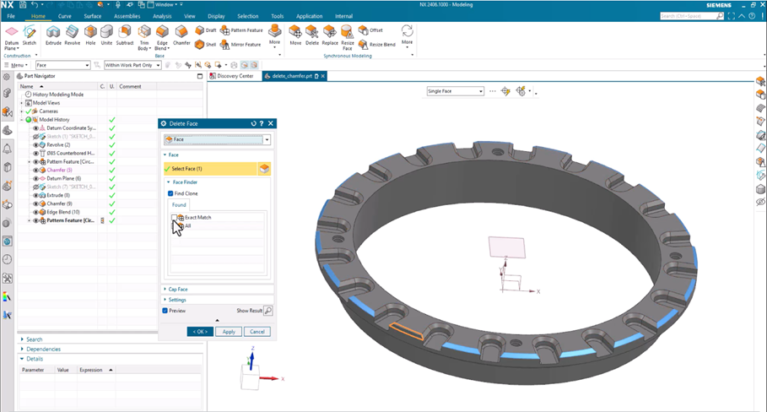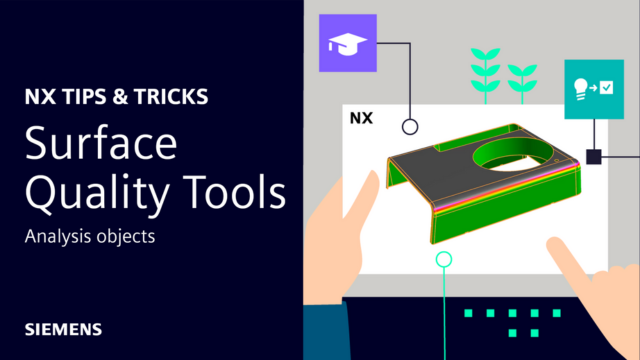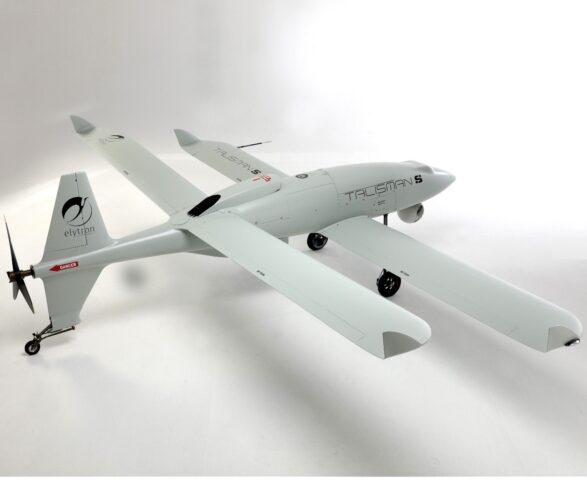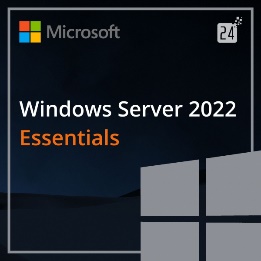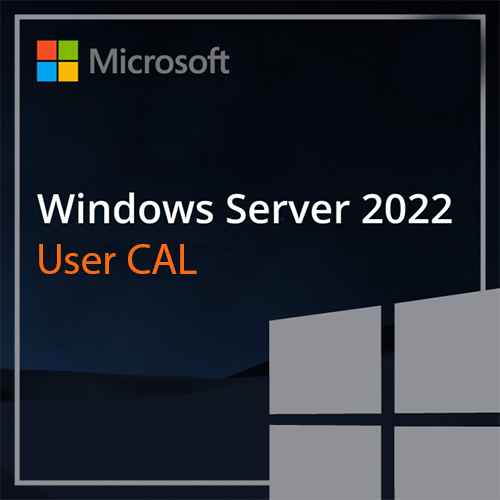Our latest NX™ software Tips and Tricks video demonstrates one of the recent enhancements to overall design organization and structure.
Keeping your designs ordered and structured is a very important part of effective productivity. Watch the video below to see how Group Edge and Group Body can elevate your design process.
What are the Group Edge and Group Body commands?
The Group Edge and Group Body commands are two tools within NX that make it possible to organize features within your parts and assemblies. Both commands have similar interface windows, with one main difference. As the names would suggest, the Group Edge tool collects a set of edges, while the Group Body command collects a set of bodies. Once applied, these groups can be found in the part navigator where they can be selected as feature inputs down the line.
Where do they fit in your workflows?
There are a few different ways that the Group Edge and Group Body commands can improve your workflows. The most prominent use for these commands is as condensed feature inputs.
For commands that use edges and bodies as inputs, instead of manually selecting each feature, using the Group Edge and Group Body command will create reusable feature inputs in the Part Navigator. This saves valuable time in workflows that repeatedly use the same inputs or may require changes down the line.
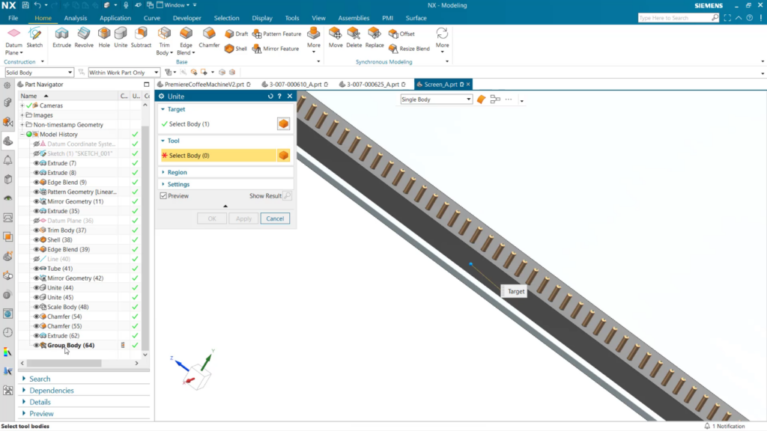
Another common use is simply for organization purposes. If there is a certain component or aspect of your design that you plan to come back to for reevaluation, this is a strong tool to keep everything in one place. To find old Group Edge and Group Body commands, you can look back through the Part Navigator. By clicking on existing commands, the features and bodies selected will be highlighted within the part or assembly.
Downstream benefits
There are a number of benefits to using the Group Edge and Group Body commands within your workflows. A few of these benefits include modularity, reusability, and concision.
Arguably the biggest impact these group commands have on the design process is the modularity that they offer. With these tools, its an easy task to go back and make small tweaks to complex designs. This can be in the form of simple editing of which features are used as inputs for a command, or as large as a complete change of design strategy for an assembly.
Another enormous benefit is the overall reusability of these grouped features. Instead of taking the time to reselect inputs for large and complex designs, all inputs are stored in one spot which can be easily edited and changed at all times. This is important in scenarios that require a number of different designs commands for the same selection of inputs.
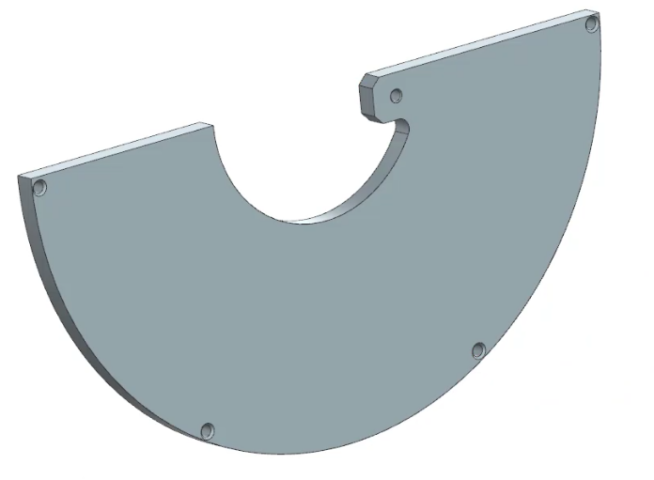
The other primary advantage to the Group Edge and Group Body commands is their ability to keep inputs concise and clear. On commands that require a number of inputs, it is easy to get lost in the number of selections that must be made. Even more, these inputs may not be selected with a perfect level of accuracy. By using the Group Edge and Group Body tools, the same inputs will be used in all down stream changes, with a guaranteed level of accuracy. This eliminates the chance of human error while also simplifying the process to just the selection of one button.
Source: Siemens
Read more:
NX | Tips and Tricks | Surface Quality Tools
NX Tips and Tricks | Assemblies: Re-defining the BOM structure
Contact us for free and detailed advice:

